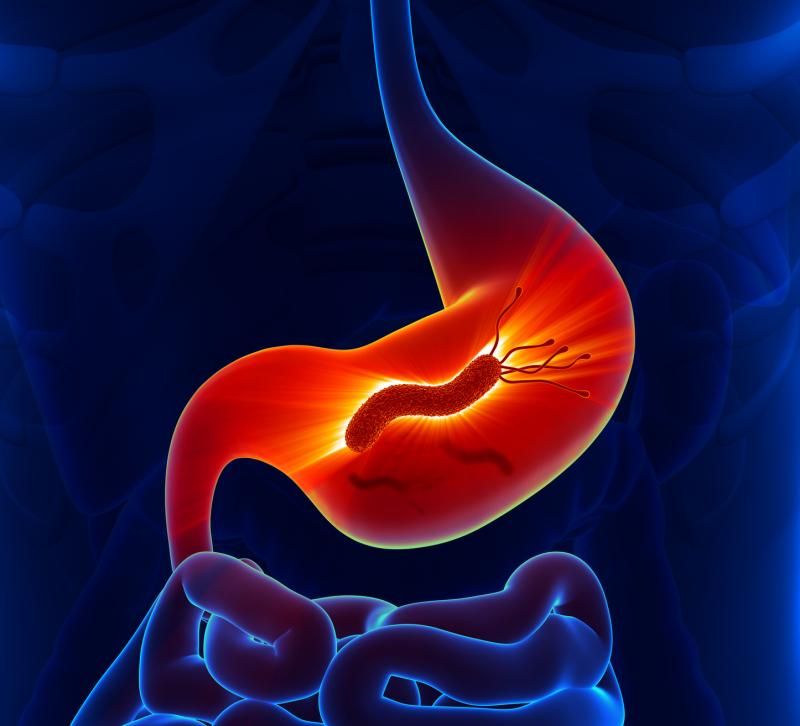
Infection with Helicobacter pylori is inversely associated with long-segment Barrett’s oesophagus (LSBE) but is significantly correlated with short-segment (SS)BE in individuals without reflux esophagitis, according to a recent study in a Japanese population.
Of the participants, 36,615 met the eligibility criteria for analysis. After multivariate adjustment, H. pylori seropositivity significantly correlated with a lower rate of LSBE (odds ratio [OR], 0.42, 95 percent confidence interval [CI], 0.16–0.91) and a higher rate of SSBE (OR, 1.66, 95 percent CI, 1.56–1.78).
Subgroup analysis also confirmed the significant association of H. pylori seropositivity with a high rate of SSBE in individuals without reflux esophagitis (OR, 1.73, 95 percent CI, 1.61–1.85). However, in those with reflux esophagitis, no association existed between H. pylori seropositivity and SSBE.
Given this result, “H. pylori may be a risk factor for SSBE, especially in individuals without reflux esophagitis,” the authors said.
This study identified a total of 41,065 asymptomatic Japanese individuals who took medical surveys between October 2010 and September 2017 to examine the relationship of H. pylori infection with SSBE and LSBE. Multivariable logistic regression analysis was performed to estimate ORs and 95 percent CIs.
In western countries, H. pylori infection is reported to have an inverse relationship with BE, but the impact of BE segment length on the association between BE and H. pylori infection has scarcely been analysed, according to the authors.